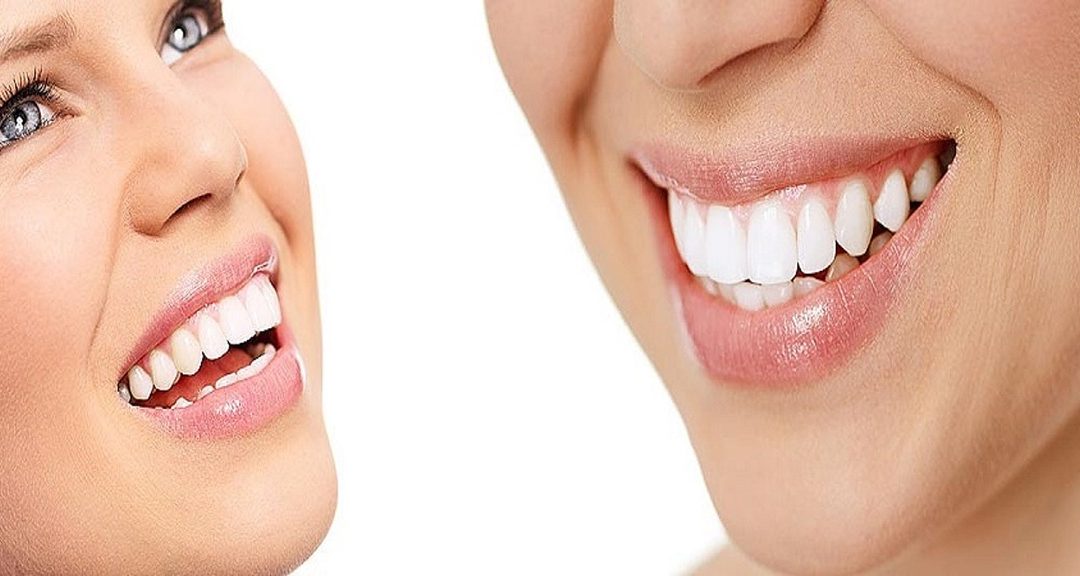Oftentimes, TMJ disorder goes undiagnosed in patients because the symptoms suggest other health issues are to blame. But without a diagnosis and effective tmj treatment, the symptoms will progressively get worse and become more of a problem for the sufferer. TMJ can cause several symptoms and it is important to get a diagnosis of TMJ from your dentist in Birmingham, AL. Once the dentist is able to reach a TMJ diagnosis, then treatment options can be pursued.
What is TMJ?
TMJ refers to the temporomandibular joint. This joint is important as it hinges your jaw and skull together. It allows you to speak, smile, laugh, yawn, or chew. When a problem with the joint occurs, it can make it difficult to perform these everyday functions. A person who suffers from TMJ disorder may exhibit a number of symptoms of varying severity. Some of the most common symptoms of TMJ disorder include:
- Pain while chewing or opening the mouth
- Swelling in the cheek or jaw area
- Jaw that lacks in one position
- Recurring toothaches and headaches
- Uncomfortable position when biting
- Dizziness
- Popping sound or feeling in the jaw
What is the cause of TMJ Disorder?
Sometimes nothing, in particular, can be attributed to causing TMJ. But most dental professionals agree that there is a link between trauma and a malfunctioning TMJ. Oftentimes people who have been in a car wreck will have pain in the jaw later due to whiplash or other injuries that may affect the joint. Stress can also be a contributor to TMJ as it can cause jaw clenching or teeth grinding at night. This can put more pressure on the joint in the jaw and cause tension and pain. Arthritis can sometimes cause TMJ disorder.
How is it diagnosed?
Dr. Roberson is experienced in diagnosing and treating TMJ disorders. He will begin by asking patients a series of questions about their oral and dental health and habits. He will also perform an exam to see where there may be pain or discomfort. As part of the exam, digital x-rays will be taken to get a better idea of what is going on. Dr. Roberson will also assess how the jaw moves and listen to see if there are any abnormal sounds or movements in the joint. Once he diagnoses TMJ disorder, he will discuss what treatment options are available.
TMJ Disorder Treatment Options
There are several treatment options available. These will depend largely on the initial cause. Your dentist in Birmingham, AL will move forward with your treatment and explain which is the most effective option. Treatment might include:
- Wearing a mouthguard at night. If your jaw is painful or damaged from clenching or grinding your teeth at night, a mouthguard may be prescribed. The device will put an extra cushion between the upper and lower jaws and absorb the pressure when your teeth are clenched. Mouthguards are custom fit so they will be comfortable.
- Adult Orthodontics. In some cases, adult orthodontics can realign teeth and provide some relief as well as keep symptoms of TMJD from getting worse.
- Oral Surgery. If a case of TMJD is severe, then oral surgery may be suggested. Some surgeries can help prevent the jaw from locking in place. Others may help reduce friction in the joint.
Five Ways TMJD Treatment Can Restore Your Smile
Sometimes, you may not even notice that TMJD has affected your smile. However, if left untreated, it can cause different functional and aesthetic problems with your smile. Here are five ways getting treatment from a TMJD dentist can help restore a smile.
One: Having TMJ can keep you from smiling. Once it is repaired and the jaw is functioning properly and without pain – you’ll be free to smile again.
Two: Enamel can break down on your teeth if you grind or clench your teeth. When jaws put constant pressure on each other eventually the teeth can fracture under the pressure too. A mouthguard can stop the damage and Dr. Roberson can provide porcelain crowns, veneers, or other restorative dental treatments to give you your smile back.
Three: Your teeth eventually start to shift to accommodate the extra pressure in the mouth. This can disrupt your bite as well as increase your pain. Orthodontic solutions like clear aligners can help improve dentition, straighten teeth, and restore your bite and improve your smile.
Four: Sometimes, misalignment is caused by one or more missing teeth. Dental implants can help correct a jaw misalignment and improve your smile at the same time.
Five: In some cases, Botox injections can effectively treat TMJD. Even though Botox is often used for reducing the appearance of lines and wrinkles. It works on wrinkles and lines because it forces muscles to relax. It has the same effect when used for treating TMJD. The added benefit can be fewer lines and wrinkles and a smoother face and improved smile.
Contact Robberson Dental Care
Do you have problems with your jaw, or do you need to schedule a routine exam? Please call Dr. Robberson today to schedule your next dental appointment.

